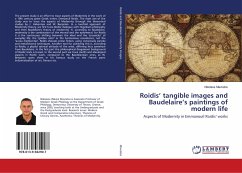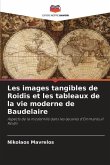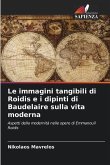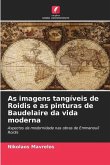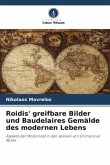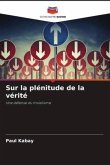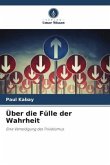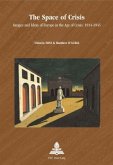The present study is an effort to trace aspects of Modernity in the work of a 19th century great Greek writer, Emmanuíl Roidis. The main aim of the study was to trace the aspects of Modernity through the theoretical studies by J. Habermas and W. Benjamin. In a twofold approach of Modernity theory, we first trace Roidis' dialogue with Hegeleian philosophy and then Baudelaire's theory of modernity. If, according to Baudelaire, modernity is the combination of the eternal and the ephemeral, for Roidis it is the continuous shifting between the ideal and the "prosaicity" of everyday life, the "golden ratio" or the harmonious coexistence, not the "aurea mediocritas". Roidis chooses prose fiction, using consciously parody and metafictional techniques. Another tool for achieving this is, according to Roidis, a playful satirical attitude of the artist, differing thus somehow from Baudelaire. In the first part the philosophical (Hegeleian) background of Roidis' texts is traced. In the second part we trace motifs and ideological aspects in Roidis' work, compared to the Baudelaireian ones, as W. Benjamin spots them in his famous study on the French poet: industrialization of art, flaneur etc.
Bitte wählen Sie Ihr Anliegen aus.
Rechnungen
Retourenschein anfordern
Bestellstatus
Storno

